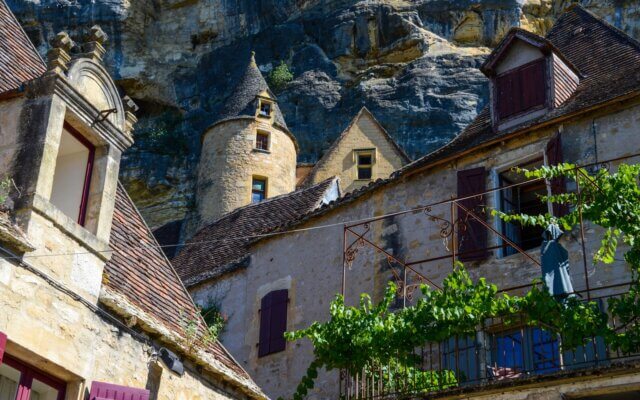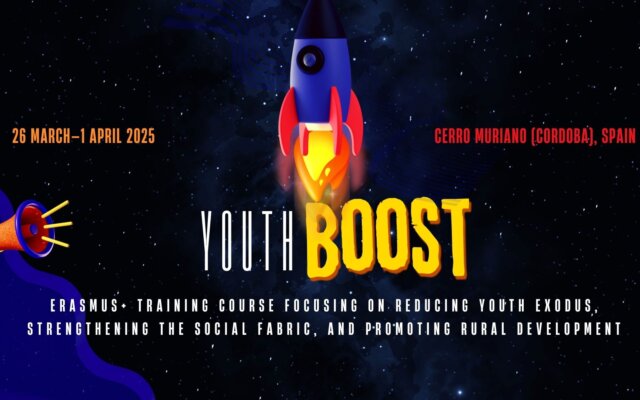ERASMUS+, Key Action 1: training course
Dates: 18—30 June 2025
Venue: Społecznik Center, Międzybrodzie Bialskie, Poland
National team: 2 participants
Please read the info-pack and daily programme.
Hosting organisation: Klaster Innowacji Społecznych
Project report:
Hello from Poland!
From June 18th to 30th, 2025, our Czech team took part in an Erasmus+ project called EmoPower, hosted in the peaceful village of Międzybrodzie Bialskie, Poland. The aim? To explore emotional intelligence, stress management, and effective communication – skills we all need, not just in youth
work, but in life.
Eight countries joined forces to learn, reflect, and share – and we were ready to jump in. The program combined different methods: workshops, physical activities, group discussions, mindfulness, and even art. We talked about: how emotions work and how to express them,
how to manage stress in ourselves and in teams, how to communicate mindfully and resolve conflict, how culture shapes our emotional experience.
At the end, we even got to create and present our own workshops using tools we had explored during the project.
One of the strongest aspects of the project was the community. We quickly formed a supportive and curious international group with open-mind, engaged, and eager to learn. It was a joy to share ideas, stories, and laughs – whether during workshops or late-night conversations. That kind of human connection is what makes Erasmus+ projects so special.
Some parts of the program were truly enriching. Sessions led by Marta Slezak and Petr Kantor stood out – they brought clarity, structure, and real passion. These workshops were interactive and grounded in real experience. They encouraged reflection, and we could feel the intention behind each
activity.
We also appreciated the international evenings, cultural sharing, and moments of group dialogue.
We believe it’s important to be honest – and as a group, we had several shared concerns that we also expressed during our own facilitated reflection:
Many facilitators didn’t speak English well and didn’t introduce themselves in person – we only knew them through a WhatsApp chat.
Several workshops felt superficial – we often touched on interesting topics but never went deeper. The theoretical background was missing – we didn’t always understand why we were doing an activity or what we were supposed to take from it. For example, one day we were told we’d go on a short walk to manage stress, but it turned into a challenging hike, with no follow-up or reflection afterwards. A yoga session was led by someone who couldn’t communicate in English, and the person translating was clearly unprepared – it ended without any explanation or discussion on how movement helps relieve stress.
We visited an art museum meant to support emotional wellbeing – but most exhibitions were focused on war and trauma, which felt quite misaligned with the project’s goals. Despite voicing our concerns respectfully and organizing a group reflection, no changes were made and we didn’t feel that our feedback was taken seriously.
Even with its flaws, the project gave us: A reminder of the power of peer learning – we learned the most from each other not from facilitators Ideas on what to do (and not to do) in our own youth work
Moments of connection, inspiration, and calm
Confidence to speak up, reflect together, and take initiative
Not every Erasmus+ project is perfect – and this one certainly had both bright spots and blind spots.
But even from the parts that didn’t go as expected, we learned valuable lessons.
We’re grateful for the opportunity to meet amazing people, reflect on ourselves, and grow together.
And above all – for the shared feeling that we want to do better in our own work.
Thank you EYCB for making our participation possible – and thank you to all the fellow participants who brought energy, honesty, and heart.
Adéla


